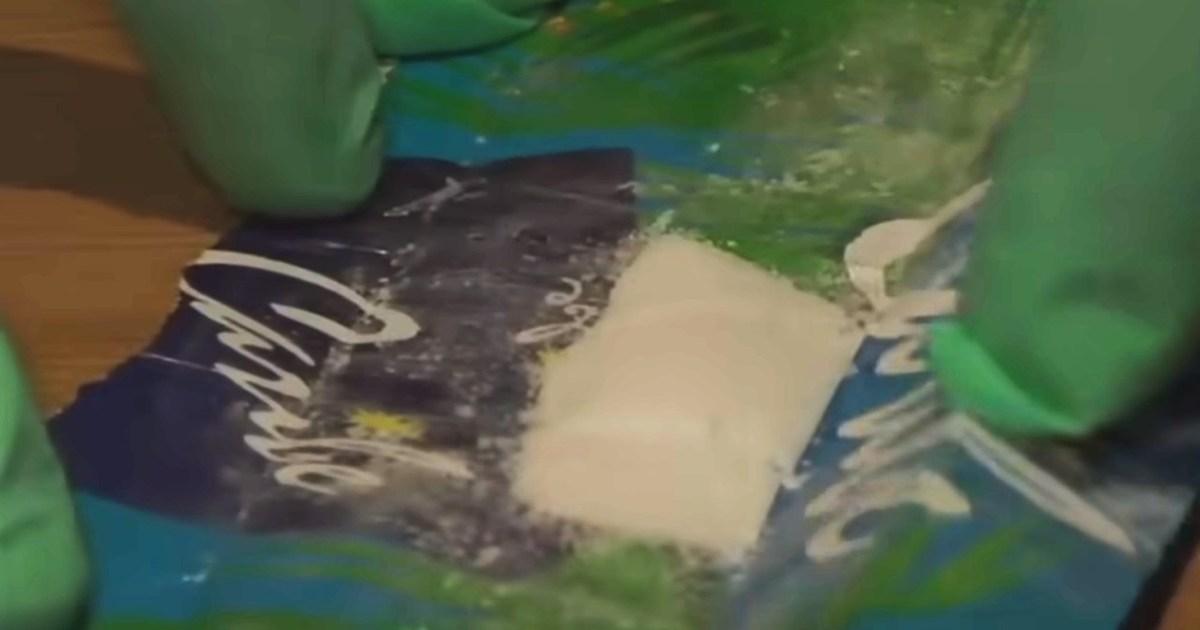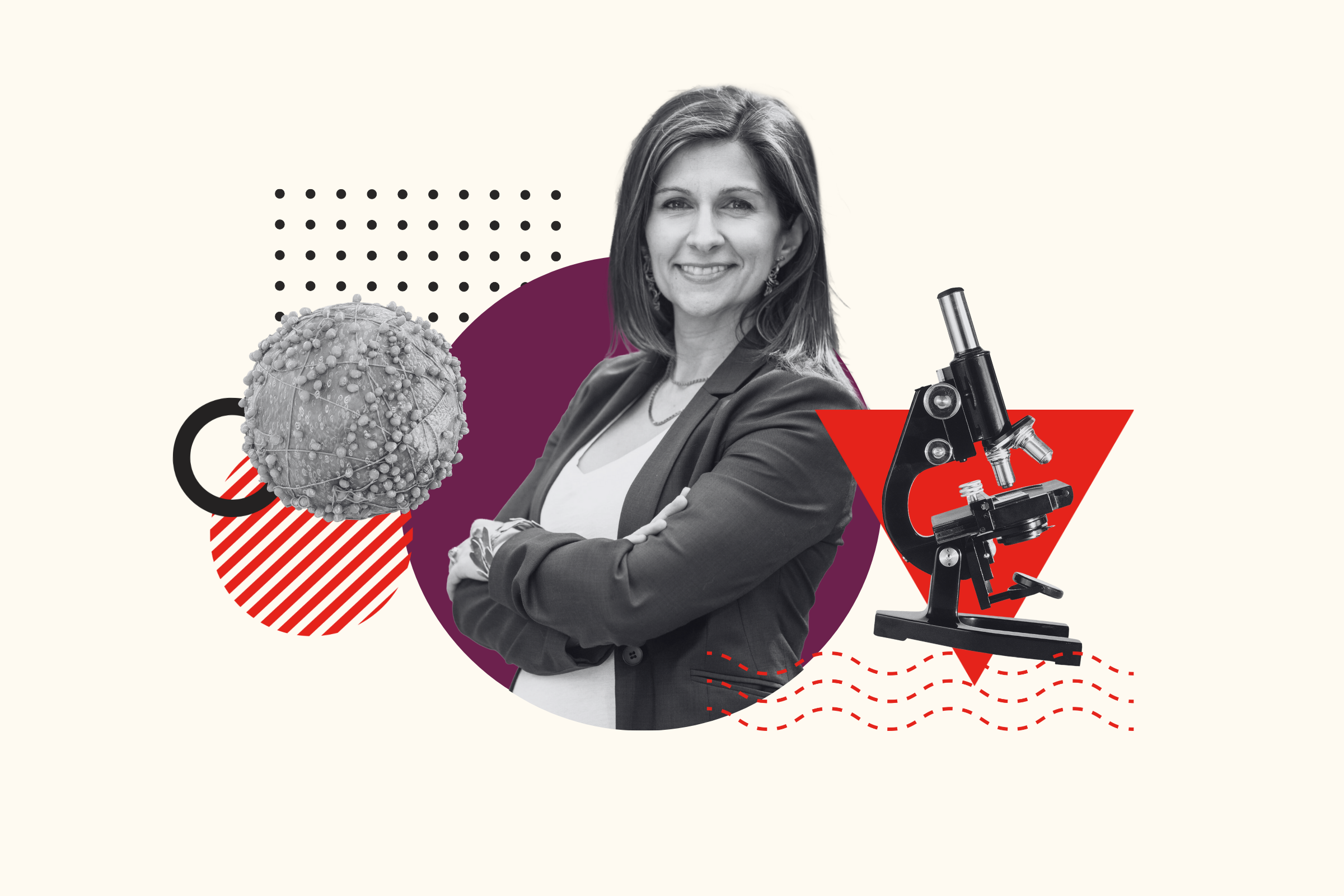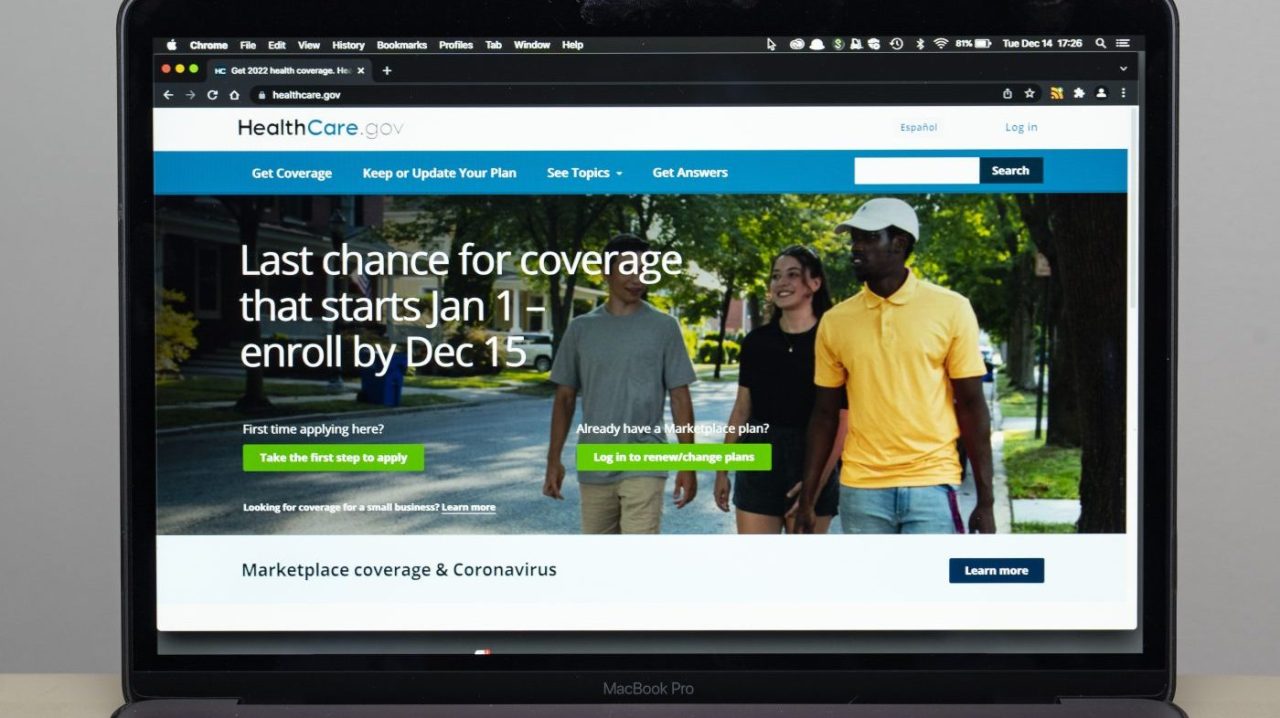Summary
The Yuva Spiritual Summit, organised around the theme of drug-free youth for a Viksit Bharat, seeks to lay the foundation for a youth-led national movement against substance abuse.
Source: Hindustan Times

AI News Q&A (Free Content)
Q1: What is the Yuva Spiritual Summit, and what is its primary objective in terms of youth and drug abuse?
A1: The Yuva Spiritual Summit is an organized event focused on promoting a drug-free lifestyle among youth in India. Its primary objective is to initiate a youth-led national movement against substance abuse, aligning with the broader vision of developing a progressive Bharat (India). The summit aims to empower young individuals to take a stand against drug abuse and become change-makers in their communities.
Q2: How does the youth movement against drug abuse in India align with global trends in mental health and substance abuse prevention?
A2: The youth movement against drug abuse in India is part of a global trend focusing on mental health and substance abuse prevention. According to a study published in Elsevier, childhood adversities significantly increase the risk of mental disorders and substance abuse among university students globally. This movement in India aligns with international efforts to address such issues by focusing on the younger population, who are at a higher risk of developing these problems due to early adversities.
Q3: What are some key strategies that youth movements globally are employing to combat drug abuse, and how does the Yuva Spiritual Summit incorporate these strategies?
A3: Youth movements globally are employing strategies such as education, peer support, community engagement, and advocacy to combat drug abuse. The Yuva Spiritual Summit incorporates these strategies by organizing educational sessions, promoting peer-led initiatives, and engaging with communities to raise awareness about the dangers of drug abuse. The summit also emphasizes spiritual and holistic approaches to prevent substance abuse.
Q4: What recent research highlights the impact of early life adversities on substance use disorders among students?
A4: Recent research published in the World Mental Health International College Student surveys highlights that childhood adversities, including family dysfunction and emotional abuse, significantly contribute to the prevalence of substance use disorders among university students. The study found that exposure to such adversities is associated with a higher risk of developing these disorders, emphasizing the need for early intervention and support for affected individuals.
Q5: How does the Yuva Spiritual Summit aim to create a long-term impact on drug abuse prevention among youth?
A5: The Yuva Spiritual Summit aims to create a long-term impact on drug abuse prevention by fostering a sense of responsibility and leadership among youth. By empowering young people to lead initiatives and advocate for a drug-free lifestyle, the summit seeks to build a sustainable movement that continues to influence future generations. The focus on spiritual and moral education is intended to instill values that discourage substance use.
Q6: What role do peer-led initiatives play in the success of youth movements against drug abuse?
A6: Peer-led initiatives play a crucial role in the success of youth movements against drug abuse by providing relatable and effective platforms for communication and support. Young individuals are more likely to listen to and be influenced by their peers, making these initiatives an essential component of any movement. These initiatives help create a supportive environment where youth can openly discuss challenges and work together towards solutions.
Q7: What challenges do youth movements face in effectively addressing drug abuse, and how can they overcome these challenges?
A7: Youth movements face challenges such as limited resources, social stigma, and lack of awareness in effectively addressing drug abuse. To overcome these challenges, they can focus on building strong networks for support, leveraging social media for awareness campaigns, and collaborating with governmental and non-governmental organizations for resources and expertise. Engaging influencers and community leaders can also help in reducing stigma and promoting positive change.
References:
- Childhood adversities and their associations with mental disorders in the World Mental Health International College Student surveys initiative.
- Yuva Spiritual Summit information on youth-led movements against drug abuse.



